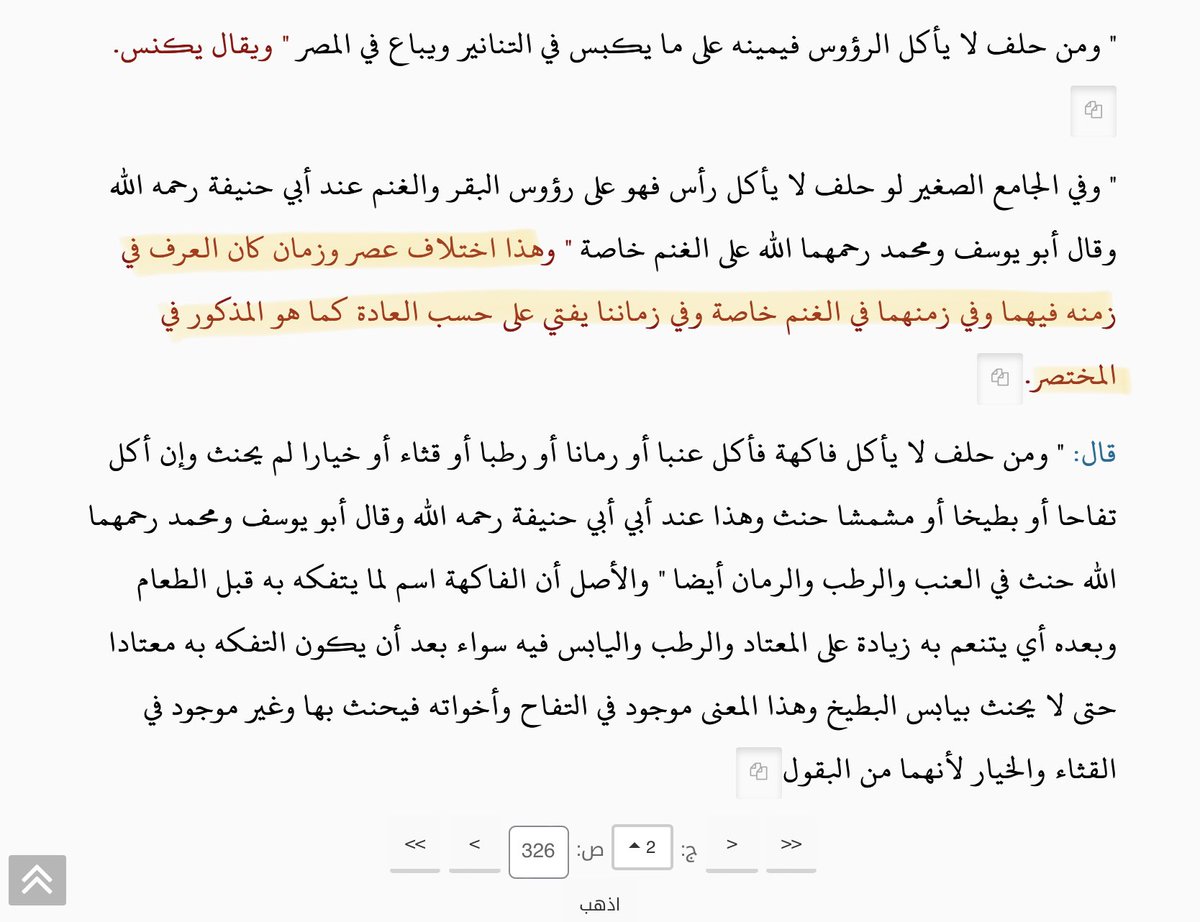
﷽
On Drawing Near to Allah
Beneficial #dm inquiry. Answered.
May Allah’s infinite peace & blessings be upon Rasūlullāh, his pure progeny & folk, along with his gleaming companions, illuminated inheritors and all his loyal followers until the Last Day.
الحمد لله ربّ العالمين

On Drawing Near to Allah
Beneficial #dm inquiry. Answered.
May Allah’s infinite peace & blessings be upon Rasūlullāh, his pure progeny & folk, along with his gleaming companions, illuminated inheritors and all his loyal followers until the Last Day.
الحمد لله ربّ العالمين


The heights of sūfic attainment aren’t reached through theory. If one attempts to delve into theory without practice, it won’t augment, but rather strangle their progress. Tasawwuf is 100% about practice. Its theory is of the magnificent fruits of that persistent, deep devotion.
I’ve witnessed on MT, statements from claimants to knowledge (supposedly classically trained) that are the peak of ignorance & falsehood. I’m withholding my anger very strongly, pending istikhāra. However, I send a stern warning. If this does not persist,
سيكون لنا معم شأن آخر
سيكون لنا معم شأن آخر
Behind every word we utter is a claim.
If you claim to be a businessman, may you be prosperous. If you claim to be an academic, may you be successful. If you claim to be a doctor, may Allah place healing in your hands. If you claim to be nothing, may Allah grant you everything.
If you claim to be a businessman, may you be prosperous. If you claim to be an academic, may you be successful. If you claim to be a doctor, may Allah place healing in your hands. If you claim to be nothing, may Allah grant you everything.
If, however, you claim to be a scholar, yet speak with the tongue of your own ignorance, devoid of the guidance of the Qur’ān & Sunna - or worse - in direct opposition to it, misled and misleading, due to your own false claims, what a huge abomination!
We seek refuge in Allah.
We seek refuge in Allah.
If you are anything other than a scholar and you make claim to expertise in any Islamic discipline, you are in very serious danger.
Do tell us how you became an expert in a secular science, but had another lifetime to spare to become an expert in a branch of Islamic knowledge.
Do tell us how you became an expert in a secular science, but had another lifetime to spare to become an expert in a branch of Islamic knowledge.
Dear brethren in faith, if you wish to be safe in this pool of delusion —
Read people’s claims before their words. Evaluate them by their claims. Big claims require huge substantiation.
How felicitous is the one who, with a silent heart, grants God all claims to the Truth.
Read people’s claims before their words. Evaluate them by their claims. Big claims require huge substantiation.
How felicitous is the one who, with a silent heart, grants God all claims to the Truth.
صار حتى القلب يُباع ويُشترى …
لا حول ولا قوة إلا *بالله*
اللهم صلِّ صلاة كاملة وسلِّم سلامًا تامًا على نبي تنحل به العقد وتنفرج به الكرب وتقضى به الحوائج وتنال به الرغائب وحسن الخواتيم ويستسقى الغمام بوجهه الكريم وعلى آله
لا حول ولا قوة إلا *بالله*
اللهم صلِّ صلاة كاملة وسلِّم سلامًا تامًا على نبي تنحل به العقد وتنفرج به الكرب وتقضى به الحوائج وتنال به الرغائب وحسن الخواتيم ويستسقى الغمام بوجهه الكريم وعلى آله
• • •
Missing some Tweet in this thread? You can try to
force a refresh







